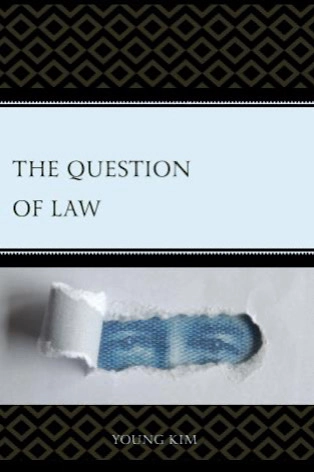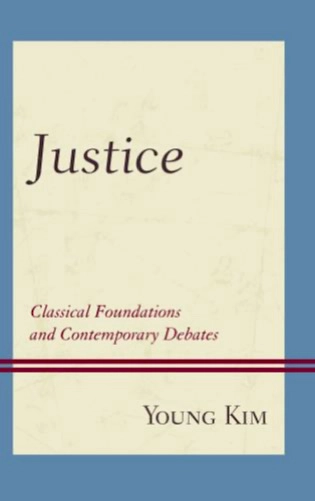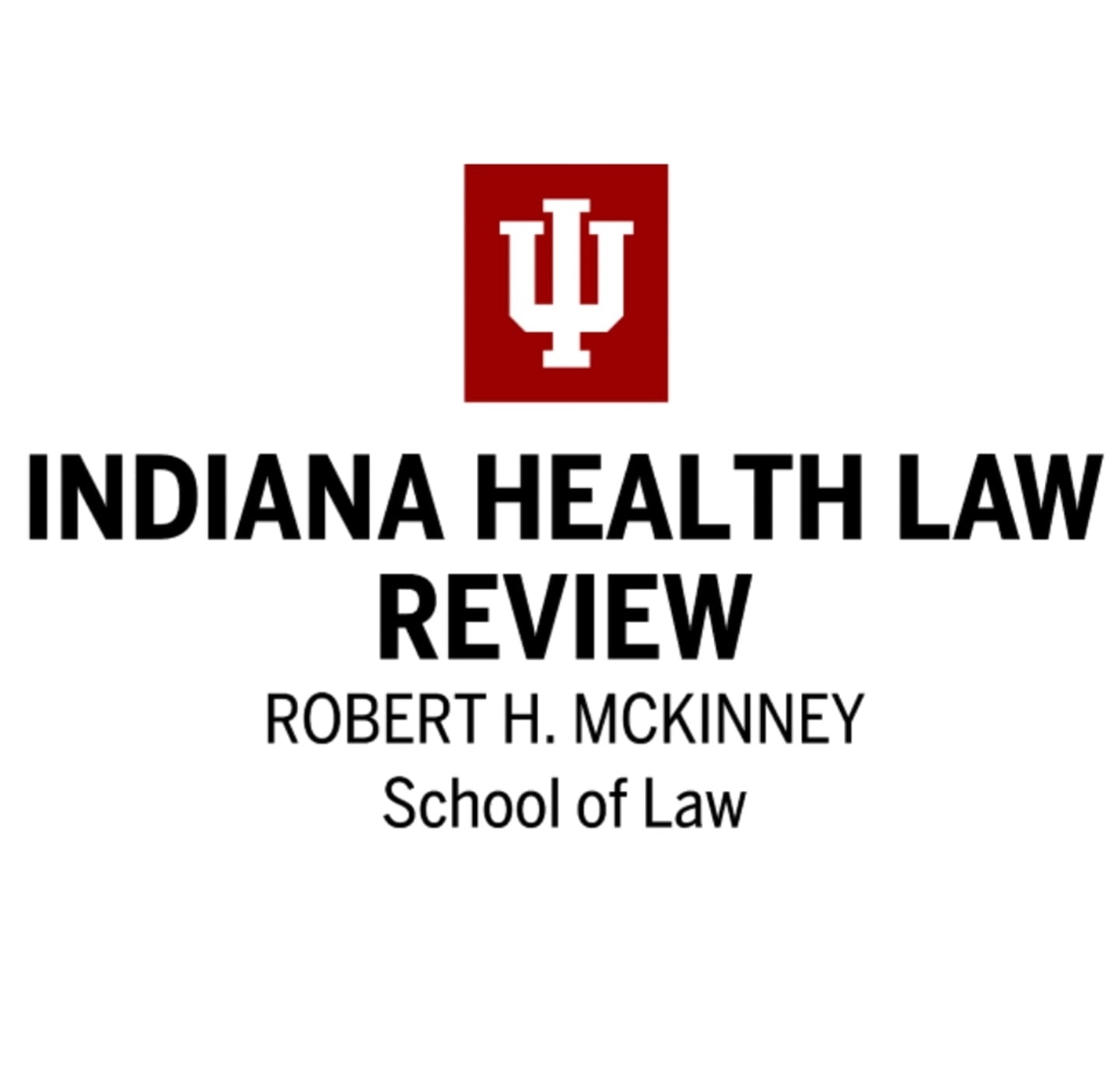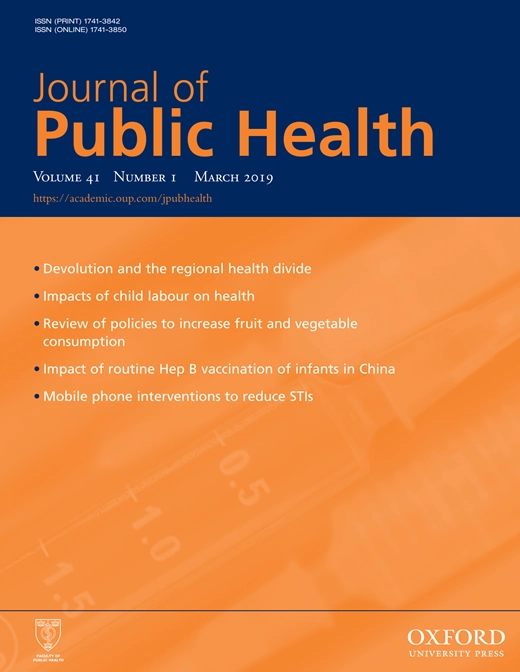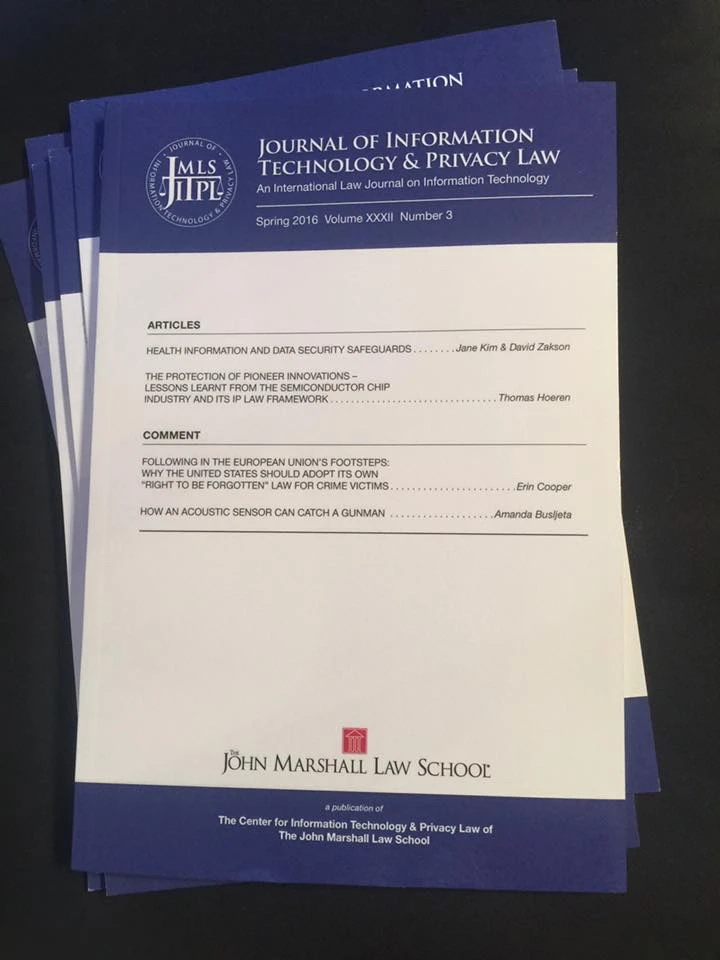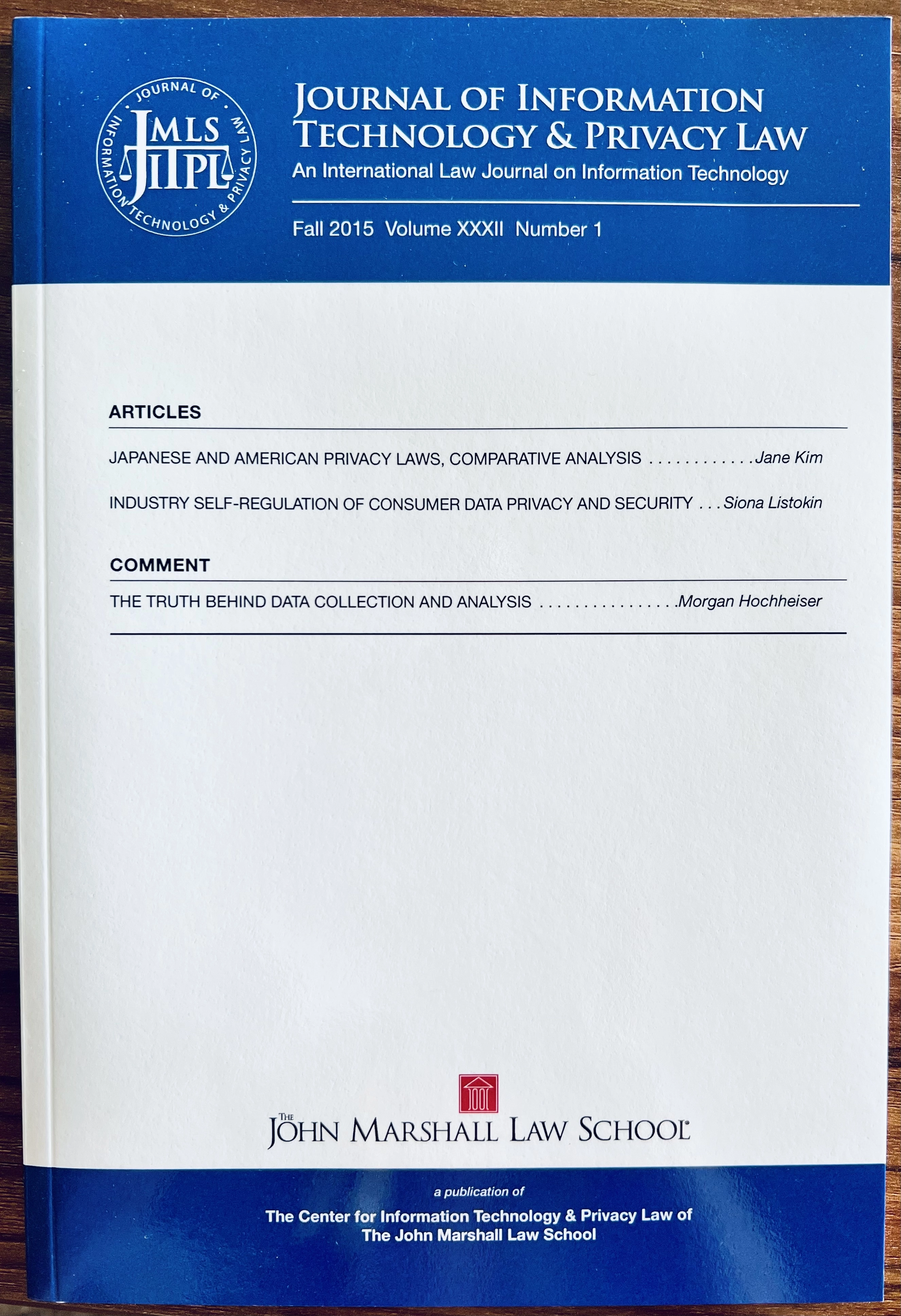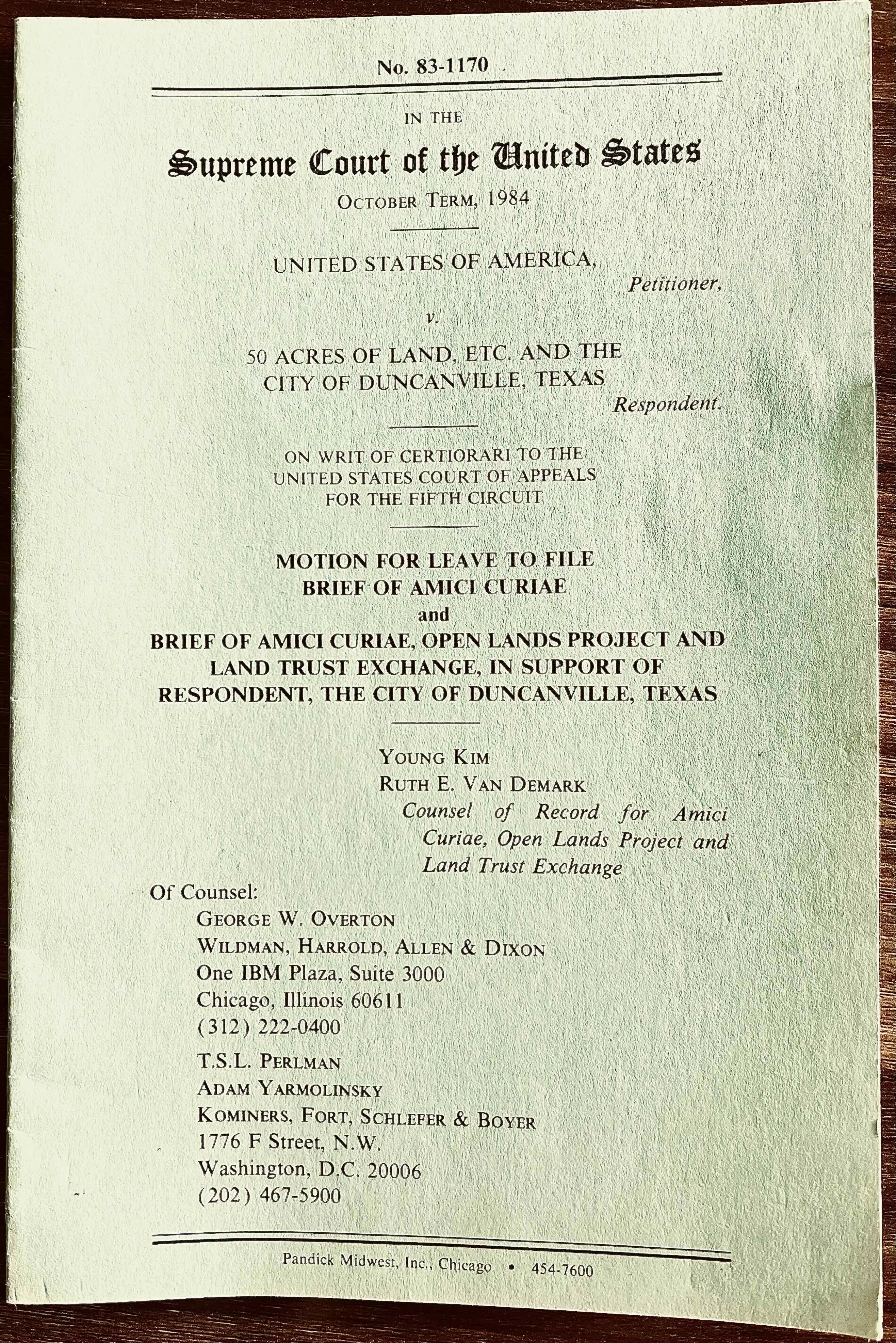PUBLICATIONS

The Question of Law
In pursuit of the question of law, Young Kim explores foundational political and moral concerns and develops a new normative theory of law. Published by Rowman & Littlefield (2024) Author: Young Kim
Justice: Classical Foundations and Contemporary Debates
The moral inquiry into the nature of justice is often marginalized, as contemporary discussions focus primarily on political considerations. Yet, the need to examine the moral framework of justice is fundamental. Published by Rowman & Littlefield (2018); Author: Young Kim
Justice as Right Actions: An Original Theory of Justice in Conversation with Major Contemporary Accounts
Young Kim presents an original theory of justice anchored in the analytical philosophical tradition. In contrast to many contemporary approaches, the theory provides normative guidance, rather than focusing solely on political structures and institutions, as the question of justice is seen to comprise both a moral inquiry concerned with questions of good and bad, right and wrong, and a political inquiry, concerned with the nature of the polity and how individuals relate to it. Published by Rowman & Littlefield (2015); Author: Young Kim
Staying Responsible Within The Healthcare Industry In The Era Of The Responsible Corporate Officer Doctrine
Author: Jane Kim J.D., LLM Published: 2017-10-10 14:1 Ind. Health L. Rev. 129 (2017) Despite the government’s aggressive efforts to combat fraud and abuse within the health industry and doing so successfully, it never seems sufficient enough. Flowing from those efforts to combat fraud and abuse, the Office of Inspector General (“OIG”) has pricked our consciousness with the Responsible Corporate Officer Doctrine (“RCOD”), whereby corporate officers are personally liable for the conduct of their companies.
Development of Public Health in America: ‘Guaranteed Issue’ Mandates
Author: Jane Kim, J.D., LLM Journal of Public Health, Volume 39, Issue 3, September 2017, Pages 433–439. Published: 02 September 2017 Today, the USA is struggling to balance access to healthcare for all its citizens with constraints of the federal budget and precepts of the US Constitution. This political struggle is nothing new. It became acute, however, when the Patient Protection and Affordable Care Act (PPACA), for short, the Affordable Care Act (ACA), or more commonly known as Obamacare, mandated ‘guaranteed issue’ laws whereby insurers are required to make health insurance plans of all kinds, whether individual, small or large group health plans, available to all Americans without exclusions based on preexisting conditions, age, etc. and without premium increases based on such risk factors.
Health Information and Data Security Safeguards
Authors: Jane Kim, J.D., LLM; and, David Zakson Published: Spring, 2016 32 J. Marshall J. Info. Tech. & Privacy L. 133 (2016) The healthcare industry possesses information coveted by cyber criminals. Unfortunately, healthcare providers are also among the most vulnerable and unprepared to deal with cyber attacks. The Introduction sets the background of this paper with cyber security statistics of the healthcare sector. Part A of this paper will discuss how new Russian law impacts global data security. Part B takes a broad look at data security safeguards. Part C focuses on U.S. attempts at safeguarding data through NIST and its Presidential Policy Directive. In Part D, the paper explores in greater detail causes that precipitate security breaches and specific security defenses that may be implemented. Lastly, Part E ex-amines compliance programs that are essential in detecting, preventing or, at least, minimizing security threats and hacks, further obviating individual responsibility of corporate officers for breaches.
Japanese and American Privacy Laws, Comparative Analysis
Author: Jane Kim, J.D. Published: Fall, 2015 32 J. Marshall J. Info. Tech. & Privacy L. 1 (2015) To understand the laws of a foreign nation, one must first understand that nation’s culture. Its people and their customs will provide in-sight into the proper interpretation and application of such laws. For those reasons, this commentary commences with cursory background on Japanese people, followed by a brief comparative analysis of Health In-surance Portability and Accountability Act (“HIPAA”) (enacted in 1996) and its Japanese counterpart, the Act on the Protection of Personal In-formation (“APPI”) (enacted in 2003). The Japanese have borrowed a lot of American concepts of privacy laws. This paper will explore how these imported privacy concepts may not have translated well into Japanese culture and, in fact, a question is raised as to whether these privacy laws carry any meaning at all in Japan.
United States Supreme Court- Brief of Amici Curiae
Author: Young Kim (lead counsel). Open Lands Project and Land Trust Exchange, in support of respondent, the City of Duncanville, Texas.

